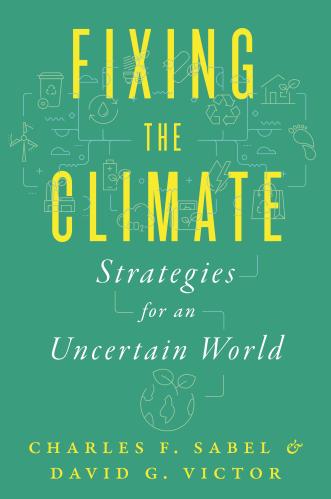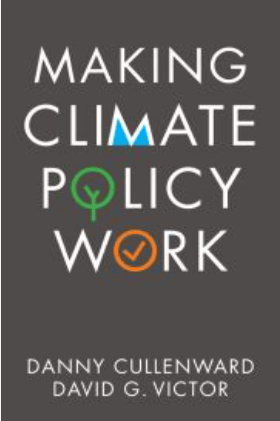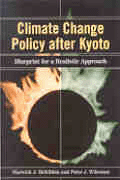On June 1, President Donald Trump announced that the United States would withdraw from the Paris Agreement on climate change, which was adopted in 2015 and signed by 195 countries last year.
“Pulling out now, particularly because this agreement is so flexible and because we pushed so hard for it, is really kind of a finger in the eye of our allies around the world, particularly to the Europeans,” Samantha Gross, a fellow with the Energy Security and Climate Initiative at Brookings, said at a recent Brookings event on the future of the Paris Agreement.
The event, hosted by the Cross-Brookings Initiative on Energy and Climate, featured a discussion with five experts moderated by Lisa Friedman, editor of “ClimateWire.” Highlights of the panelists’ remarks are below. Visit the web page for full video and audio.
China and India: lower per-capita emissions, higher investment in renewables
Amar Bhattacharya, senior fellow in Global Economy and Development at Brookings, commented on the emissions levels seen in China and in India—in both cases, they are less per capita than U.S. emissions, and both countries are investing in renewable energy. Bhattacharya explains why:
Despite U.S. withdrawal, resolve of remaining parties is strengthening
Nathan Hultman, a nonresident senior fellow in Global Economy and Development, said that while the loss of U.S. leadership in addressing global climate change is “a terrible outcome,” the global reaction to that announcement has been “heartening.” Watch:
What U.S. policies could actually change emissions trajectories?
Philip Wallach, a senior fellow in Governance Studies at Brookings, explained that there continues to be no consensus in U.S. domestic politics around the Paris Agreement and policies to address emissions. Watch:
“There are a lot of temptations to frame everything in terms of Donald Trump right now, for obvious reasons,” Wallach said. “But really this to me looks much more [like] a function of the partisan politics of climate policy in the United States as it has played out over the last decade, than it does to be anything so distinctive about Donald Trump.”
Countries may be less cooperative with U.S. on other issues
Samantha Gross explained that the flexibility built into the Paris Agreement—each country establishes its own “national determined contribution” to reduce emissions—was a key requirement insisted upon by the United States, and contributed to so many countries signing on. And because of this, the U.S. withdrawal may make cooperation with the U.S. on other issues more difficult politically for some countries. Watch:
Continued support for Paris in U.S. cities and private sector
David Hart, a George Mason University professor and senior fellow with the Brookings Metropolitan Policy Program, explained that hundreds of U.S. cities, businesses, and universities have expressed their continued support for the Paris Agreement. “It’s also the case that the private sector … and state and local policies and regional policies in the U.S. in the electricity market,” he said, “have been driving changes in our emissions behavior. So there has been a decoupling of economic growth and emissions growth in recent years in the U.S., and not a lot of that had to do with federal policy.” His rough calculation of the emissions reduction that could ensue from these sub-national actors is about 43 percent. Watch:
—
For additional expert analysis and commentary on the Paris Agreement, visit our Planet Policy blog.
Communications Intern Melissa English contributed to this post.
The Brookings Institution is committed to quality, independence, and impact.
We are supported by a diverse array of funders. In line with our values and policies, each Brookings publication represents the sole views of its author(s).








Commentary
WATCH: Experts on U.S. withdrawal from Paris climate agreement
June 8, 2017